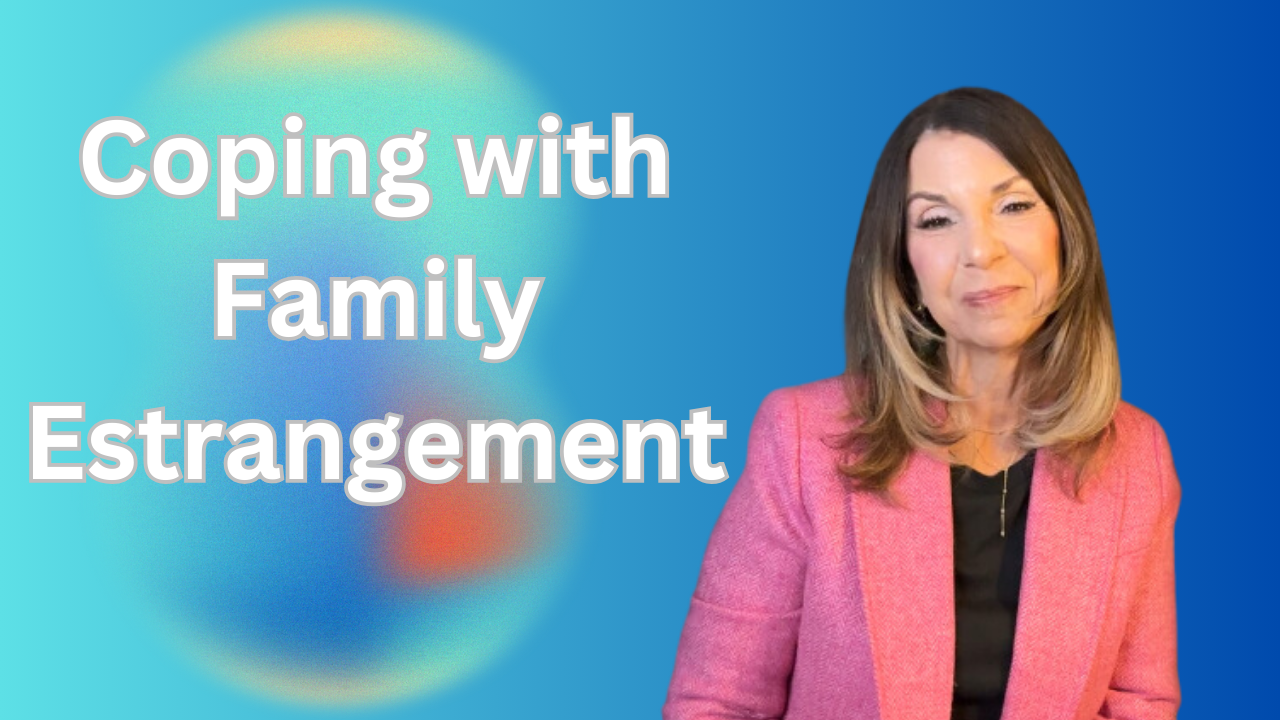Are you heartbroken because your adult child has cut you off? If so, you’re not alone. Family estrangement is more common than most people realize. Nearly 27% of families in the United States experience it, but many parents suffer in silence, unsure of how to cope.
This blog will walk you through simple strategies to deal with the pain and help you start healing. Let’s begin by understanding why family estrangement happens and then explore practical ways to care for yourself during this challenging time.
Understanding Why Family Estrangement Happens
Family estrangement often stems from an accumulation of misunderstandings, unmet expectations, or lingering, unresolved emotions rather than a single major incident. For example, recurring arguments over parenting styles, differing life choices, or unmet needs for emotional support can slowly strain the bond over time. Dr. Kylie Agllias explains that adult children may step away to protect their mental or emotional well-being if the relationship becomes too difficult or painful. For them, this is the only way to find peace.
For parents, this can be shocking and painful. It’s normal to ask yourself, “What did I do wrong?” While reflecting on the past can help, it’s important to know that the reasons for estrangement are usually complicated. Understanding this won’t remove the hurt but can give you a starting point to move forward.
Step 1: Work on Communication Skills
One of the main reasons adult children stay distant is because communication breaks down. Improving communication makes all the difference if you talk to your child. Here are some strategies to consider:
- Listen: Pay close attention to what your child is saying without interrupting or thinking about how to respond. For example, if your child expresses frustration about the past, you might say, “I hear this was upsetting for you. Can you tell me more?” This shows you value their feelings.
- Show empathy: Even if you disagree with their perspective, let them know their emotions are valid. You could say, “I understand why you feel hurt, and that matters to me.” Simple statements like this help create a safe space for dialogue.
- Apologize if needed: A heartfelt apology can go a long way in rebuilding trust. For instance, you might say, “I’m sorry for the times I may have hurt you. I want to do better moving forward.” Being sincere and specific helps your child see that you’re taking responsibility.
Good communication doesn’t mean defending yourself or justifying your actions. Instead, it’s about creating a bridge of understanding. This might feel uncomfortable at first, but small steps like these can help reopen the lines of communication.
Step 2: Take Care of Yourself Every Day
When your child cuts you off, the sadness can feel like too much to handle. That’s why it’s so important to take care of yourself. Start with small daily habits that help you feel a little better:
- Breathe deeply: Find a quiet spot to take slow, deep breaths for five minutes. As you inhale, count to four, hold for four counts, and exhale for four. This simple routine helps reduce stress and calms your nervous system.
- Try mindfulness: Focus on the present moment by engaging all your senses. For example, while drinking tea, notice the cup’s warmth in your hands, the aroma, and the taste. This practice anchors you in the now, making worries about the past or future feel less overwhelming.
- Write in a journal: Use a journal to process your emotions. Write down your thoughts and feelings without judgment. For instance, you could reflect on what you miss about your child or explore ways to nurture yourself during this time.
- Move your body: Choose activities you enjoy, such as a brisk walk in the park, a beginner yoga video, or even dancing to your favorite music at home. Movement releases endorphins, which boost your mood and help relieve tension.
Caring for yourself doesn’t mean you’re giving up on your child. It just means you’re ensuring you’re strong enough to handle whatever comes next.
Step 3: Focus on Your Own Healing
Reconnecting with your child might take time—and it might not happen. But that doesn’t mean you can’t heal and find peace. Here’s how to start:
- Accept what’s happening right now: This means recognizing the situation for what it is without losing hope for the future. For instance, instead of dwelling on “what ifs,” try focusing on things you can control today, like taking care of your health or connecting with friends.
- Find joy where you can: Explore activities that bring you small moments of happiness. For example, you might take a painting class, go on nature walks, or volunteer at a community center. These moments of joy can remind you that life still holds meaning and fulfillment.
Healing doesn’t mean forgetting your child or the relationship you had. It’s about permitting yourself to rebuild a life where peace and happiness are possible, even just one small step at a time.
Step 4: Don’t Isolate Yourself
When you’re dealing with family estrangement, it’s easy to feel alone. But spending time with others who support and care about you can make a big difference. Here’s how to stay connected:
- Lean on friends and family: Talk to those who make you feel safe and loved. For instance, you might confide in a close friend or relative who listens without judgment and offers encouragement.
- Join a support group: Look for local or online groups for parents dealing with estrangement. For example, many communities host meet-ups or virtual forums where parents share stories, exchange advice, and provide emotional support to one another. Hearing others’ experiences can help you feel less isolated and offer practical tips for coping.
You don’t have to go through this alone. Reaching out to others can remind you that you’re still valued and loved.
Step 5: Consider Getting Professional Help
If the pain of estrangement feels too much to handle, talking to a professional can help. A therapist who understands family issues can guide you through:
- Sorting through your emotions: They can help you make sense of your grief, anger, and confusion.
- Managing stress: They’ll show you ways to feel less anxious and overwhelmed.
- Setting boundaries: You’ll learn how to protect your well-being while still being open to reconnecting with your child.
Getting help isn’t a sign of weakness. It’s a sign that you’re ready to take steps toward healing.
Moving Forward
Being cut off by your adult child is one of the hardest things a parent can face, but it doesn’t define who you are. You’re more than this painful experience; there’s hope for healing. Start by taking small steps to care for yourself, connect with others, and find moments of peace.
Remember, you’re not alone in this. With time and effort, you can move forward and create a life filled with love and joy again.









